Horse lifespan
Any farmer and horse breeder, before buying a frisky horse, wants to know how long a horse lives. Nowadays, this kind animal is used in agriculture; in some places far from civilization, it is still a means of transportation.
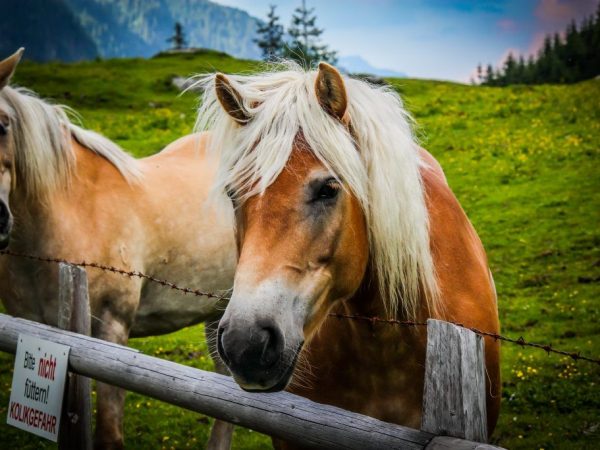
Horse lifespan
The duration of their suitability for service with the owner depends on how long the horses will live. The profitability of such an animal depends on its health, performance and longevity.
What affects the life of horses
How long the horses live is the basis for the acquisition of young animals, the breeding schedule of the breed and other parameters. It is necessary, of course, to take into account the fact that the life expectancy of a domestic horse and a wild one will differ significantly, which is also influenced by the conditions of keeping the horses.
Differences in lifespan will also be observed in different breeds. So thoroughbred horses sometimes die very young, and a simple farm horse can survive to old age.
average life expectancy
When asked how old horses live on average, horse breeders and hippologists (experts in the study of horses) answer differently. Some say that horses live on average from 25 to 30 years, others say that the average life of a horse is 35-40 years. You need to understand that there is no one number for all horses, since you cannot compare a horse that was raised in the wild with a domestic mare or a horse raised for specialized exhibitions. The same goes for a horse racing or equestrian stallion.
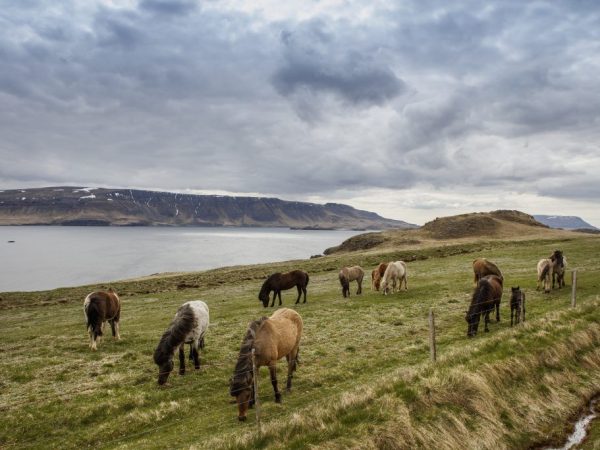
Horse lifespan will vary by breed
Considering all these conditions, the average life span of a horse can be designated by a framework of 15 to 40 years. But not all individuals survive to old age. An interesting fact is that depending on the breed, the lifespan will vary:
- Working domestic horses live on average up to 20-25 years. How much one can serve depends largely on the person. The better the conditions created for the horse and the more caring the owner is, the longer the pet will be able to please with health and longevity. Genetics and individual endurance also play an important role.
- Sport horses live 5-7 years longer than workers. But in this case, the result of physical activity plays an important role. If the horse does not get injured and in his daily routine a lot of time is allocated for rest and recuperation after the races, such a stallion has every chance of reaching old age. The main thing is not to bring the animal to exhaustion. So some owners of the equestrian business exhaust their horses to such an extent that they get a heart attack at a fairly young and productive age. Sometimes a horse that is no longer profitable and becomes unprofitable is simply killed.
- Tribal individuals, which are bred on horse farms, can live up to 35 years.They are given more attention, they are looked after much more carefully. This is due to the fact that these animals are valuable specimens for procreation. It is the high-blooded breeds, such as the Arabian or Akhal-Teke horses, that are centenarians. Such horses, due to their profitability, receive timely and high-quality treatment in case of problems.
Life expectancy in the wild and at home
There is a difference between how many years horses live at home and how many in the wild. Of course, in natural conditions, wild horses die prematurely, because there they have to fight for survival.
So from the entire annual brood of wild horses, only 30% of all individuals reach full maturity. Most young foals are killed by the teeth of predators. Accidental injuries to horses are also a common cause of death. A sick individual cannot follow the herd, cannot ensure the safety that the herd provides, and also cannot provide food and drink.
Home living conditions
In ancient times, when horses performed a large amount of difficult work on the farm, the age limit for them was 12 years. But now the conditions for the animals have become much more pleasant. Now the question arises: how old can a horse be called old? As mentioned above, horses live for different amounts of time, but at the age of 25 they can be retired.
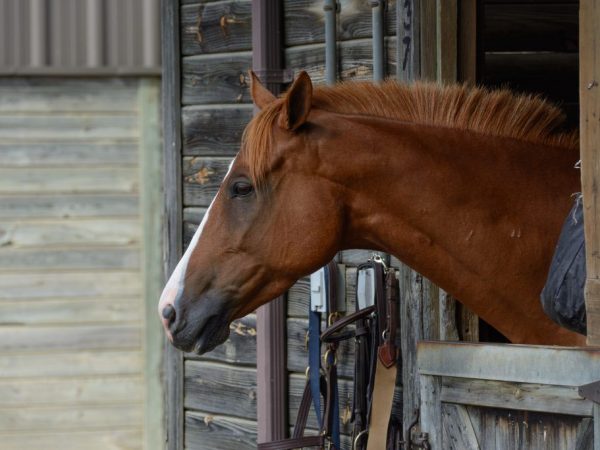
Home living conditions have a beneficial effect on the life span of a horse.
The development of science in the veterinary field also plays an important role in the longevity of domestic horses. Today, most diseases that were previously fatal are easily treatable and do not pose a serious threat to the health and life of animals. Also, at home, horses are properly fed and provided with good care, which greatly increases their chance of living to old age.
Wild habitat
Many factors prevent wild horses from living long lives. Horses have to survive in a harsh climate, cope with temperature changes and natural disasters, and defend themselves from predatory animals.
In addition, the diet of wild horses is very poor, especially in winter. Many horses die from viral infections, various diseases. So horses, which in winter from fatigue lie on the frozen ground, get pneumonia and simply burn out. Sometimes cold water, drunk by hot horses, becomes the cause of death of adults and foals. There is no one to treat them, good nutrition is also absent due to the season, as a result, the sick horse simply dies.
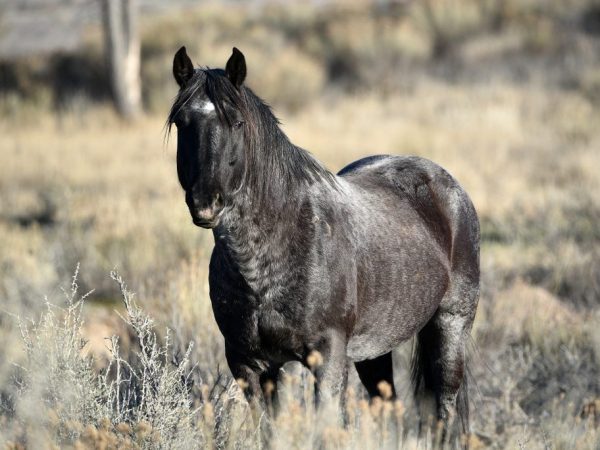
A wild horse has to survive in a harsh climate
The habitat is also of great importance. Horses that live in warmer regions have an average life expectancy of 10 years longer than those in the more severe conditions of the northern regions. Most wild horses die at the age of 10. The maximum lifespan of mustangs in the wild is 15 years.
Factors affecting longevity
Many factors affect a horse's lifespan. All horse breeders know them and try to stick to them, as this makes it possible to maximize the life of the horses.
The main rules that ensure the longevity of horses are:
- quality care and proper maintenance;
- proper and healthy nutrition;
- horse breed;
- attitude towards domestic or wild horses;
- the appointment of domestic animals: for work, for sports, for horse racing, breeding horses.
Care
The horse's lifespan is directly related to caring for it.
The main conditions are cleanliness and dryness in the stable. If the room is dirty and humid, animals can get sick: their joints can become inflamed and their legs swollen, as this honor of their body is very sensitive.It is also important to observe the mode of work and rest: to provide the animal with a good sleep. Horses of all ages need physical activity to maintain muscle and body health.
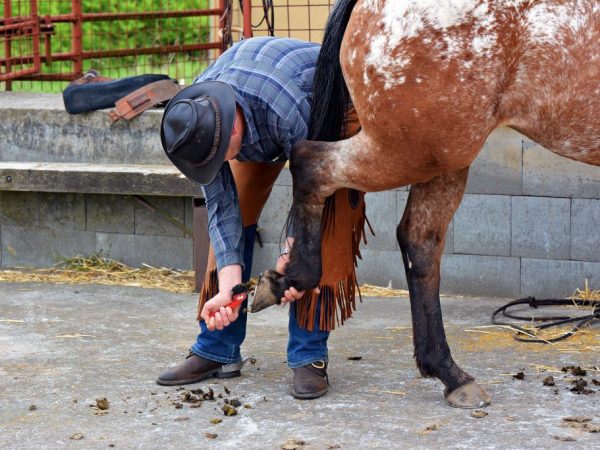
Horse longevity depends on caring for it
The diet
The food ration is of great importance. Nutrition should be balanced and include the following components: hay and straw, grain crops and compound feed, in summer - freshly cut grass, as well as vitamins and minerals. It is recommended to release the herd to pasture, where each individual gets access to all types of grasses, and to provide plenty of water.
One horse, according to the norms, should eat 25 kg of different herbs per day and drink 50 liters of water. For old individuals, roughage should be excluded from the diet, since their use is fraught with the appearance of an intestinal disorder.


